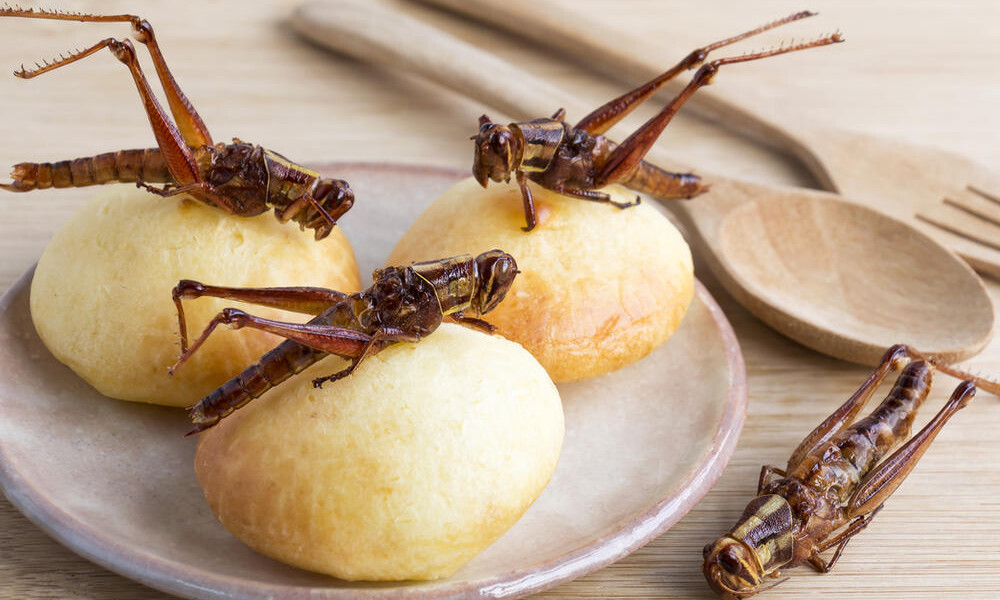Calls for Ukraine
Calls for Europe
Calls for USA

As the world’s population increases and traditional animal farming increasingly depletes environmental resources, there is growing interest in alternative sources of protein. And as we know, edible insects, particularly grasshoppers, are common in many regions such as Cameroon, which provide essential nutrients including proteins, amino acids and minerals vital for health and growth. Therefore, the need for an in-depth study of the nutritional properties of insects such as grasshoppers Ruspolia nitidula has arisen.
A study conducted by the University of Dschang, Cameroon, and published Aug. 30 in the journal Food Science of Animal Products, examined the effect of replacing traditional fish meal from herring Clupea harengus, with grasshopper meal from Ruspolia nitidula in the diet of rats. For 12 weeks, researchers evaluated how this dietary change affected libido, sleep, hair growth and general health, assessing the potential of insect meal as an alternative source of nutritious protein.
The study showed that replacing fish meal with grasshopper meal resulted in significant health improvements in rats. Rats fed grasshopper meal had increased libido, sexual intercourse and ejaculation compared to rats fed fishmeal or protein-deficient diets. Sleep quality also improved: the rats slept longer and more restfully. Hair quality was markedly better: in the grasshopper-fed group, 94.58% of the animals had hair in optimal condition, compared to 5.55% and 0.27% in the fishmeal- and protein-deficient groups. In addition, grasshopper-fed rats showed greater body weight gain, indicating improved health and nutrition in general. These results emphasize the potential of grasshopper meal as a stable and nutritionally superior alternative protein source.
“Our results indicate the significant potential of edible insects such as Ruspolia nitidula as alternative protein sources. Grasshopper meal not only satisfies nutritional needs but also provides significant health benefits, including increased libido, improved sleep and hair quality, which are of great practical importance for both animal and human diets,” said lead researcher, Dr. Ngnaniyyi Abdoul, Dschang University.
This study highlights the potential of Ruspolia nitidula as an environmentally friendly, nutrient-rich alternative protein food. The results of the study suggest that in addition to animal feed, grasshopper meal can be used to address human malnutrition, especially in resource-limited areas. Due to the environmental and health benefits, edible insects represent a promising solution for food security and improved diets in the future.
Please rate the work of MedTour
